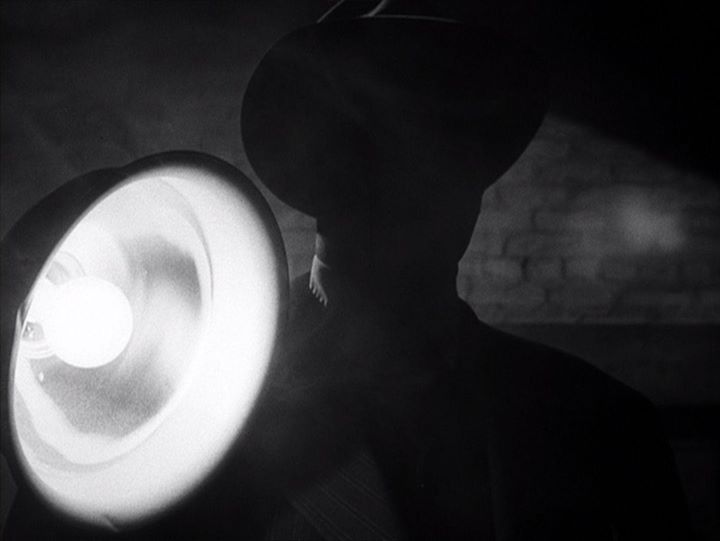Honesty means telling someone how you think or feel about something knowing that there may be at risk of disagreement from the recipient of your honest statement.
To the degree that you can be honest plays a big part in your ability to be trusted. While honesty can be a one-way street, alternatively “trust” is a two-way street. We are honest with someone, then step back to review how our honesty was received, responded to, or revered it was. Based on the results, we determine if someone can be trusted or not.
If we can be open and honest with others, we are promoting our trustworthiness. Over time we can gain people’s trust by representing ourselves as being honest. Vulnerability and honesty build trust.
Why would you lie?
- Fear of hurting someone’s feelings
- Fear of retribution or punishment
- Fear of not being accepted
- Fear of risking your reputation
- To protect yourself
- To protect someone else
- To defend yourself or someone else
- To bolster your image or the image of someone else to others or among the community
- You want to present yourself as on par with someone else
- You are communicating with someone with whom you have little or no respect
- You want something from someone, but do not have anything of equal value to trade
And potentially a million other reasons why you might lie, though the reason you are most likely to lie is due to fear or some perceived threat. Fear can be disguised as many things, and hiding behind a shield of fear can prevent you from having all the best things this life has to offer.
You lie because lying is an effective tool that protects you from discomfort or pain.
There is a huge contrast between being honest (which makes you vulnerable) and lying (which protects you).
When you are dishonest, it implies that you cannot trust the person you are misrepresenting yourself to.
You are afraid they will misunderstand or hurt you. Alternatively, you may fear they will not like what you have to say or might get their feelings hurt by your being honest.
When you lie, there is the hopeful expectation that your deception will not come to light. But for most of us, lying comes with some form of guilt. A part of us desires to be open and honest in all things, so when we lie, we feel bad or at least, regret not feeling safe enough to tell the truth.
Often if you have negative habits or addictions, you are likely to lie to present others from seeing your weaker side.
It is exceedingly difficult to feel safe with someone who you cannot trust.
What about the lies you tell yourself?
- What does your lying to yourself say about your relationship with yourself?
- Do you trust yourself with your most intimate details?
- How about when you think, say, or at out in some way that is not congruent with who you really are?
- Do you lie to yourself to cover up or justify your indiscretions?
- If you want to feel competent or confident, are you apt to lie to yourself to make yourself feel better?
- Is it possible to be truly open and honest?
If you have lied about a thing in the past and felt uncomfortable for doing so, you will experience a great sense of relief from being able to tell the truth, to essentially “come clean.”

